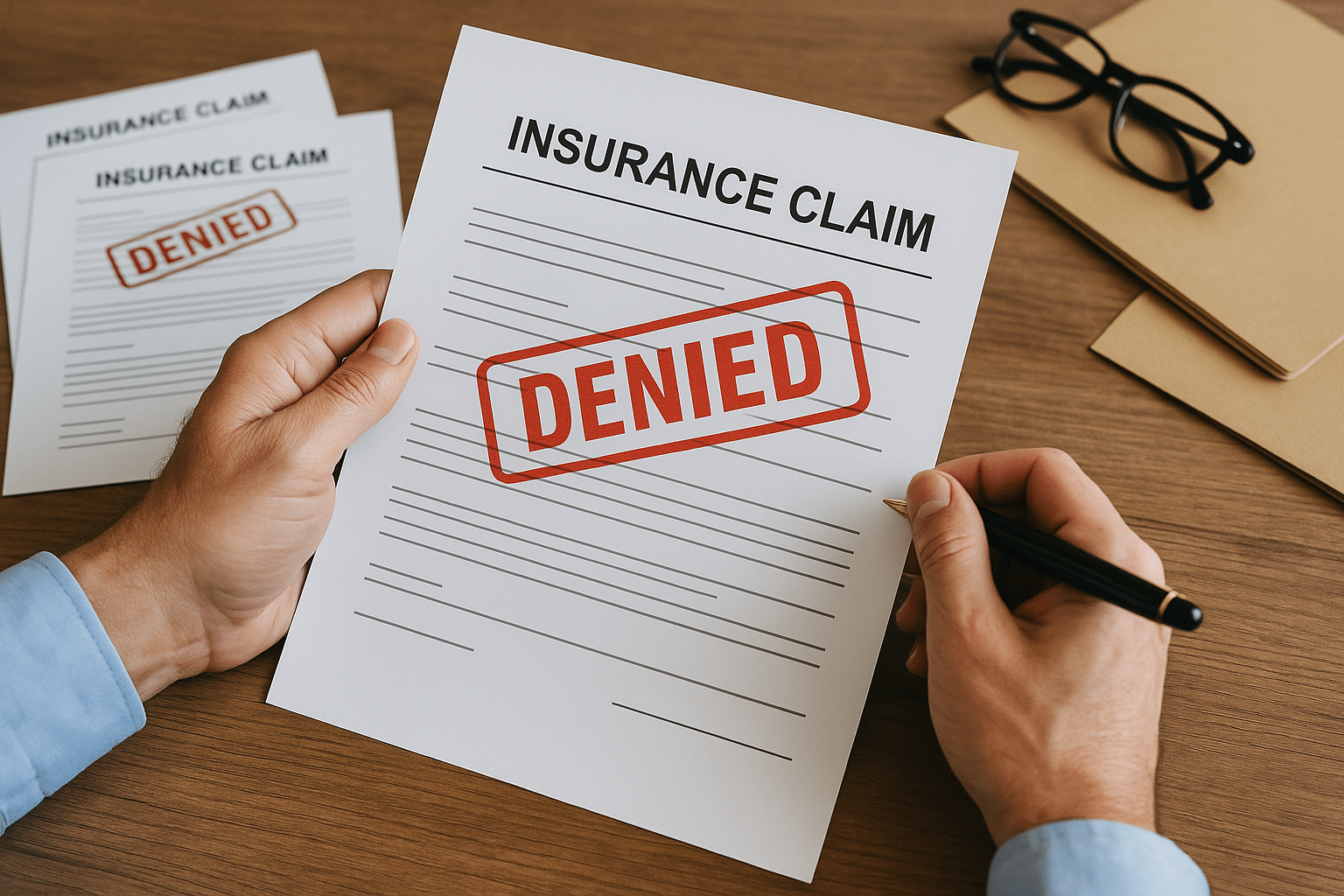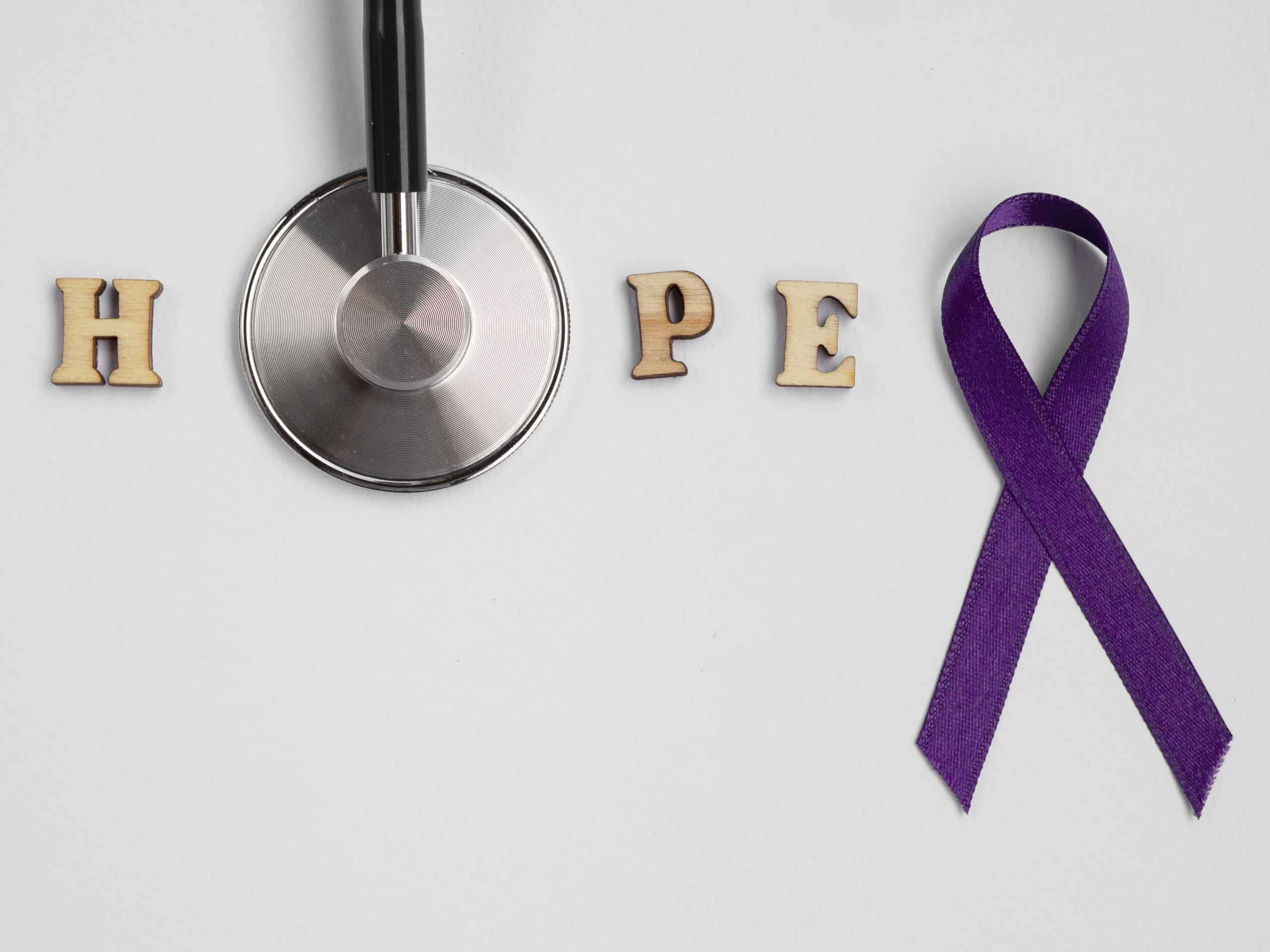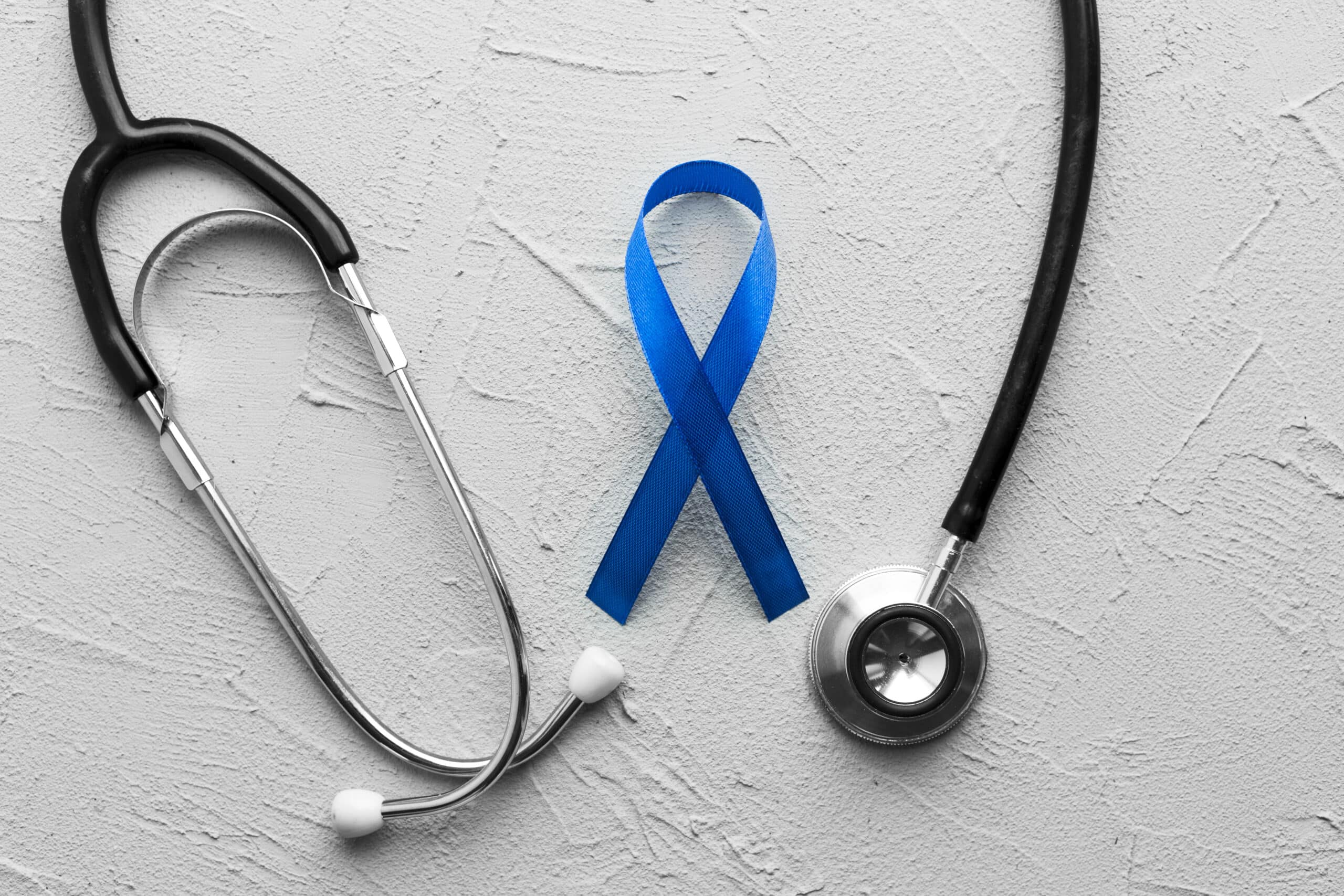When Cancer Interrupts Everything
In your 40s, 50s, or early 60s, you’ve likely settled into a rhythm. Maybe you’re finally earning what you deserve. Maybe the mortgage is half paid. Maybe your kids are applying to college, or your parents are starting to need you in ways they never did before.
Then cancer shows up—quietly, violently, and with no regard for your plans. And then comes the Cancer Costs.
For midlife adults, a cancer diagnosis doesn’t just throw a wrench into your health. It explodes the framework of financial stability you’ve spent decades building. Suddenly, that carefully constructed balance—career, caregiving, savings, and a someday retirement—starts to buckle under the weight of scans, surgeries, insurance authorizations, and sick leave forms.
The Middle’s Not the Safety Net We Were Promised
Cancer in midlife isn’t just about the body. It’s about the bills. The insurance you thought was “decent” suddenly reveals a $7,000 deductible. The time off you’ve saved doesn’t stretch far when your treatment plan requires six months, not six weeks. And if you’re self-employed or in a small business, the impact is even sharper: no paid leave, no HR department, no cushion.
This age group stands at a crossroads. Old enough to carry real financial responsibility, but not old enough to access Medicare or retirement safety nets without penalty.
Midlife Cancer Is A Financial Disruption
When you’re between 40 and 60, cancer hits in the middle of everything:
- Mortgage payments
- College tuition for your kids
- Aging parents who now need your support
- Retirement funds just starting to look solid
The Hidden Costs No One Talks About (Until You’re In It)
Sure, we expect hospital bills. But most midlife patients are blindsided by the “gray area” expenses insurance rarely covers:
- Lost income from stepping back at work
- High out-of-pocket deductibles even with “good insurance”
- Alternative or integrative treatments that aren’t covered at all
- Transportation, lodging, and caregiver support when treatment isn’t local
- Debt snowballing as savings are drained and credit cards become lifelines
You’re not just fighting cancer—you’re playing financial defense on every front.
The Middle-Aged Balancing Act: Career, Family, and Survival
At 45 or 55, you’re likely to be in your peak earning years—and that means your career is suddenly on the line. Many patients:
- Take unpaid leave
- Reduce hours or pivot into freelance work
- Exit the workforce entirely to focus on treatment
Meanwhile, you’re still a provider. You’re covering the bills, caring for others, and trying to plan for retirement—at the same time cancer demands everything you’ve got.
The Choices No One Prepares You For
Do you cash out a 401(k) to afford travel to a specialist? Take on credit card debt for integrative treatment? Skip treatment altogether because your family depends on your income?
But cashing out early often means:
- Massive tax penalties
- Future financial insecurity
- Delaying or sacrificing retirement altogether
It’s the ultimate Catch-22—pay for survival now or gamble on the future.
These aren’t theoretical dilemmas. They’re daily decisions happening across kitchen tables and in hospital parking lots.
And with them often comes shame. Because we’re told by now we should have “planned better.” But cancer doesn’t care about planning. And most support systems weren’t built for this moment.
The Quiet Power of Reframing Financial Survival
What’s changing is the awareness that financial tools are just as important as clinical ones. Here’s how financial planners and patient advocates are helping this age group rethink their options:
- Viatical settlements – selling a life insurance policy for immediate cash
- Critical illness riders – Also known as Accelerated Death Benefit – hidden benefits in your life insurance policies
- Negotiating with hospitals – securing financial advocates and discounts
- Seeking expert help – working with professionals who understand cancer economics
Learning if these tools and options are available to you are signs of smart, adaptive survival.
Integrative and Experimental? Yes, You Can Still Afford It
Many in the 40–60 bracket explore non-toxic or integrative treatments—but those aren’t covered by most insurance plans.
Here’s what patients are doing:
- Using viatical settlements to pay for treatment at centers like Envita, Hope4Cancer, and Cancer Center for Healing
- Combining traditional and alternative care—choosing what’s best without letting cost dictate care
- Budgeting smartly to make room for healing methods that feel right—without losing financial control
When You’re Also the Caregiver
It’s not just about your own treatment. Many people between 40 and 60 are part of the “sandwich generation,” meaning:
- You’re undergoing treatment and
- You’re taking care of aging parents or kids
This double-duty amplifies emotional and financial stress, especially when time off work or hiring additional help becomes unavoidable.
The Hard Truth: It’s Okay to Rebuild Financially After Cancer
There’s guilt around “losing” the financial progress you worked decades to build. But here’s what survivors are learning:
- You’re not starting over—you’re starting smarter
- Cancer may change your timeline, but not your potential
- Selling a life insurance policy, asking for help, or restructuring debt isn’t failure—it’s survival strategy
It’s okay to pause. It’s okay to pivot. It’s okay to prioritize healing first. You got this.
The Viatical Settlement Plan: When the Path Forward Needs Funding Now
At Cancer Care Financial, we specialize in helping adults ages 40 to 60 unlock the value of their life insurance through viatical settlements—turning policies into cash to pay for treatment, living costs, or family care. It’s fast, compassionate, and judgment-free—often delivering funds in a matter of weeks.
Whether you’re facing Stage 3 or Stage 4 cancer, dealing with lost income, or seeking integrative treatment outside of traditional insurance, our mission is simple:
You focus on healing—we’ll help fund the path forward.
Call 844-440-7355 to speak with a specialist who understands the midlife financial balancing act of cancer.
Who We Are: Cancer Care Financial
At Cancer Care Financial, we help patients—especially those in midlife—access immediate funds through viatical settlements. If you’re facing rising treatment costs, lost income, or exploring integrative care, we make the process fast, clear, and compassionate.
Visit www.CancerCareFinancial.com or call 844-440-7355 to speak with a specialist who understands what you’re up against—and how to help.
Frequently Asked Questions
How does cancer affect finances in your 40s and 50s?
Cancer during midlife often disrupts peak earning years, impacts family financial responsibilities, and forces patients to tap into retirement savings early or take unpaid leave.
Can you access life insurance money while still alive if you have cancer?
Yes. Through a viatical settlement, individuals with a serious illness can sell their life insurance policy for immediate cash to pay for treatment and living expenses.
What financial help is available for cancer patients in midlife?
Midlife cancer patients can explore options like viatical settlements, critical illness riders, hospital payment plans, and financial counselors for cost relief and guidance.







